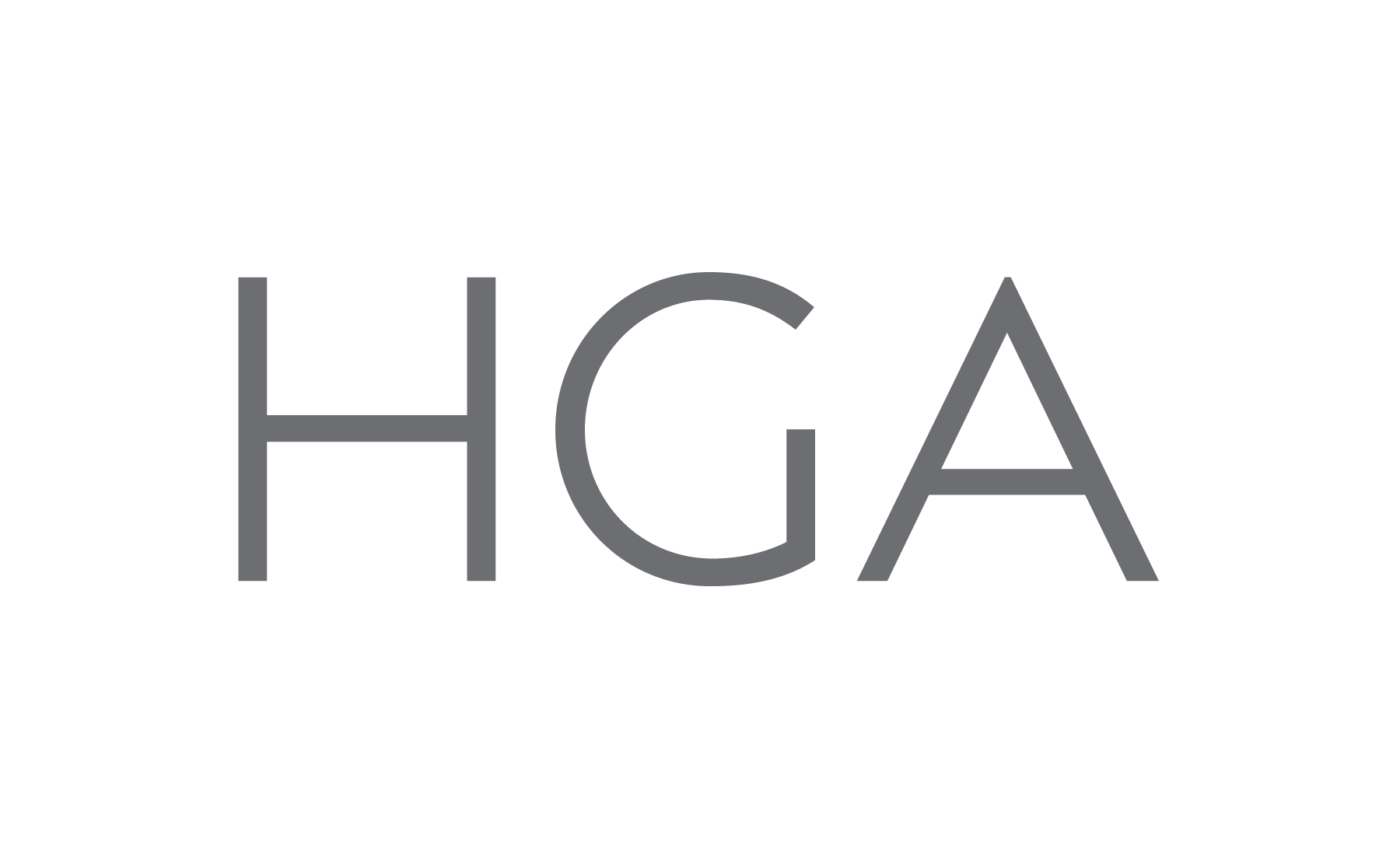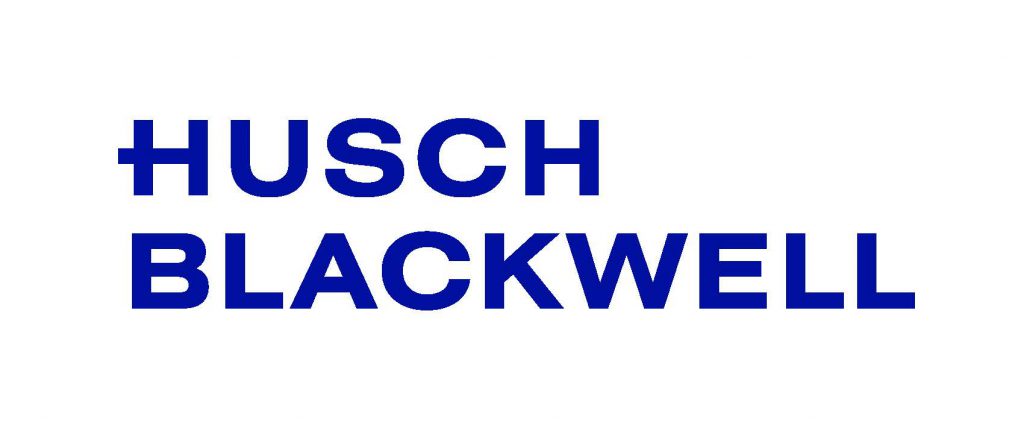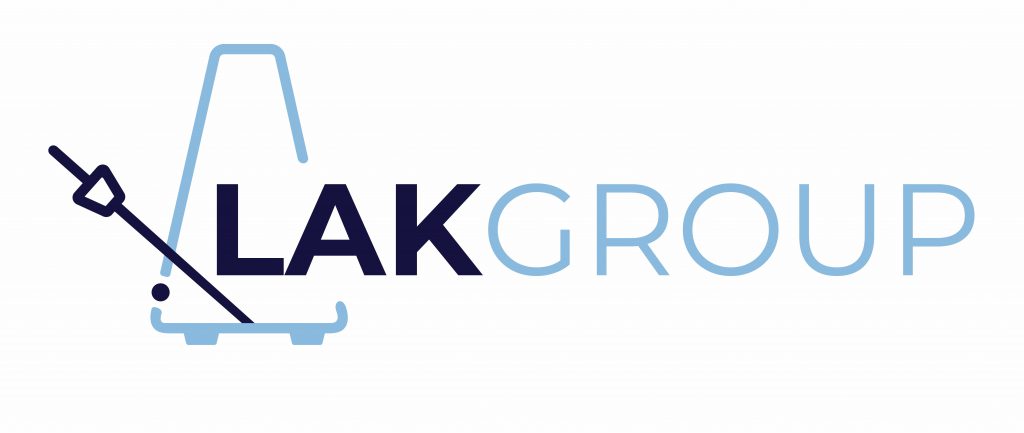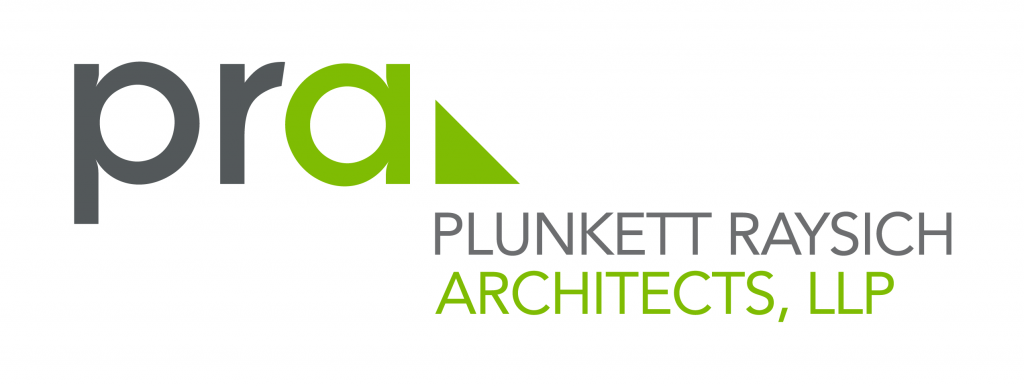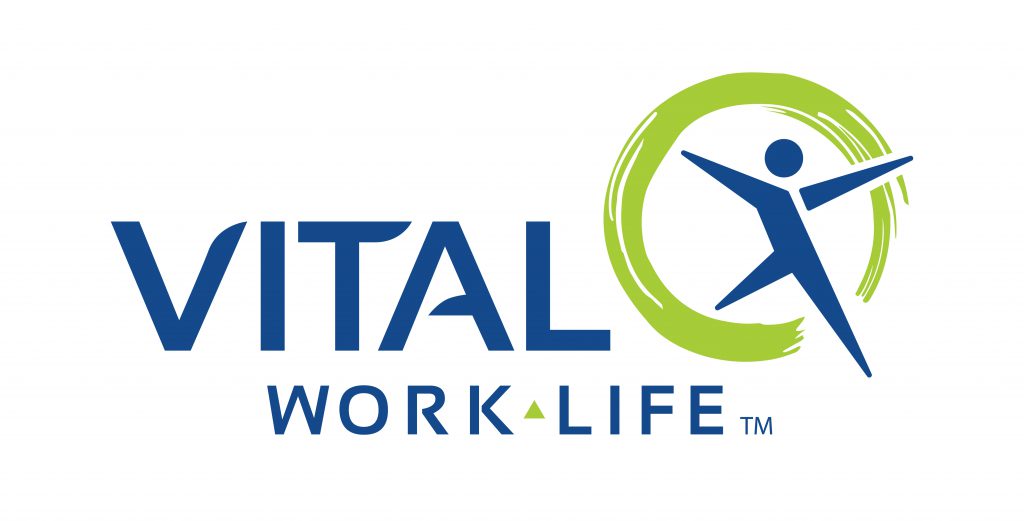A new Marquette Law School poll of Wisconsin registered voters finds strong support for government actions to control the coronavirus pandemic, even as the poll also shows these actions to be having a substantial financial impact on voters.
The survey found:
- Eighty-six percent say that it was appropriate to close schools and businesses, and restrict public gatherings, while 10 percent say that this was an overreaction to the pandemic;
- A large majority of voters approve of Gov. Tony Evers’ handling of the coronavirus issue, with 76 percent saying they approve and 17 percent saying they disapprove;
- A majority, 51 percent, approve of President Donald Trump’s handling of the pandemic, while 46 percent disapprove;
- Opinion is divided on holding the April 7 spring election as scheduled, with 51 percent saying the date should be moved and 44 percent saying it should be held as scheduled.
A full copy of the survey is available online (link).

